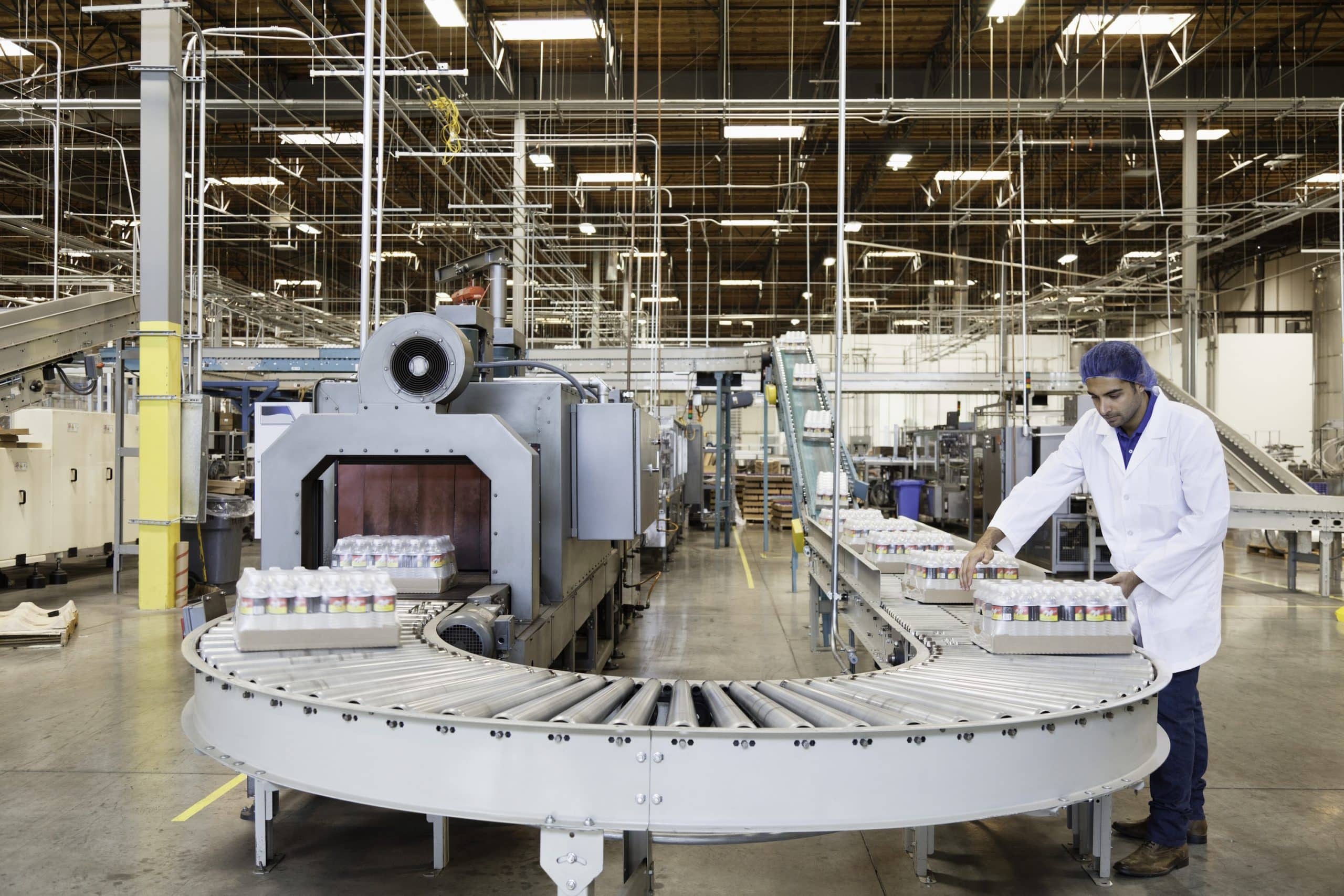
Britain Tops The European List For Processed Food Intake
According to a recent study, more than 50% of our weekly shop contains processed food, making us the least likely to cook food from scratch and avoid buying fresh produce include fruit, vegetables, meat and fish.
Processed foods are known to contain high levels of sugar, fat and salt with a low nutritional content lacking in vitamins, minerals and fibre. These types of foods are linked with obesity, which is ever increasing throughout the population. Obesity isn’t the only concern when it comes to processed food – many convenience foods are high in preservatives, emulsifiers, varying forms of fat and sugar, all of which have been linked to a vast range of diseases.
Research has shown that Britain tops the table for the highest quantity of processed food purchased when compared to 16 other European countries.
Examples of processed food include biscuits, sweets, cakes, crisps, sausage rolls, breakfast cereals, cheese, bread, microwave/ready meals, bacon, sausages, ham, pasties and condiments.
We often don’t realise the amount of rubbish that goes into the majority of processed foods, and think little of enjoying a sugary snack on a regular basis. However, below are the ingredients for a Cadburys Chocolate Mini Roll –
- 11.4g of sugar (11% of an adult’s daily intake limit)
- Milk Chocolate
- Cocoa Mass
- Cocoa Butter
- Dried Skimmed Milk
- Milk Fat
- Vegetable Fats (Palm, Shea, Sal, Mango in varying proportions) – cheap and high in saturated fat
- Dried Whey (from Milk) – for texture
- Emulsifier (Soya Lecithin) – stabiliser
- Vanilla Flavour Creme (27%)
- Vegetable Oils (Palm, Rapeseed) – cheap and high in saturated fat
- Glucose Syrup – another sugar
- Sugar
- Dextrose – another sugar
- Emulsifiers (E471, E475)
- Wheat Flour with added fortifiers Calcium, Iron, Niacin, Thiamin
- Glucose Syrup – another sugar
- Humectant (Glycerol) – to preserve moisture
- Fat Reduced Cocoa
- Vegetable Oils (Palm, Rapeseed) – cheap and high saturated fat
- Raising Agents (Sodium Bicarbonate, E450) – E450 also used to bind metals
- Soya Flour
- Emulsifiers (E471, E475)
- Milk Protein – replaces egg
- Preservative (Potassium Sorbate)
- Plus dried whole egg, dried egg white, salt, flavouring
The above list may make a sweet snack seem far less appealing once the ingredients have been broken down – this goes to show that foods such as these should be eaten on rare occasions in small quantities.
Meals should be made using natural ingredients, and should therefore only contain a small handful of items; flavours can be added with herbs and spices. Food can be frozen for a later date, making convenience achievable and healthy.
To discuss our Employee Nutrition Services, call 07810 716758 or email Anna.


